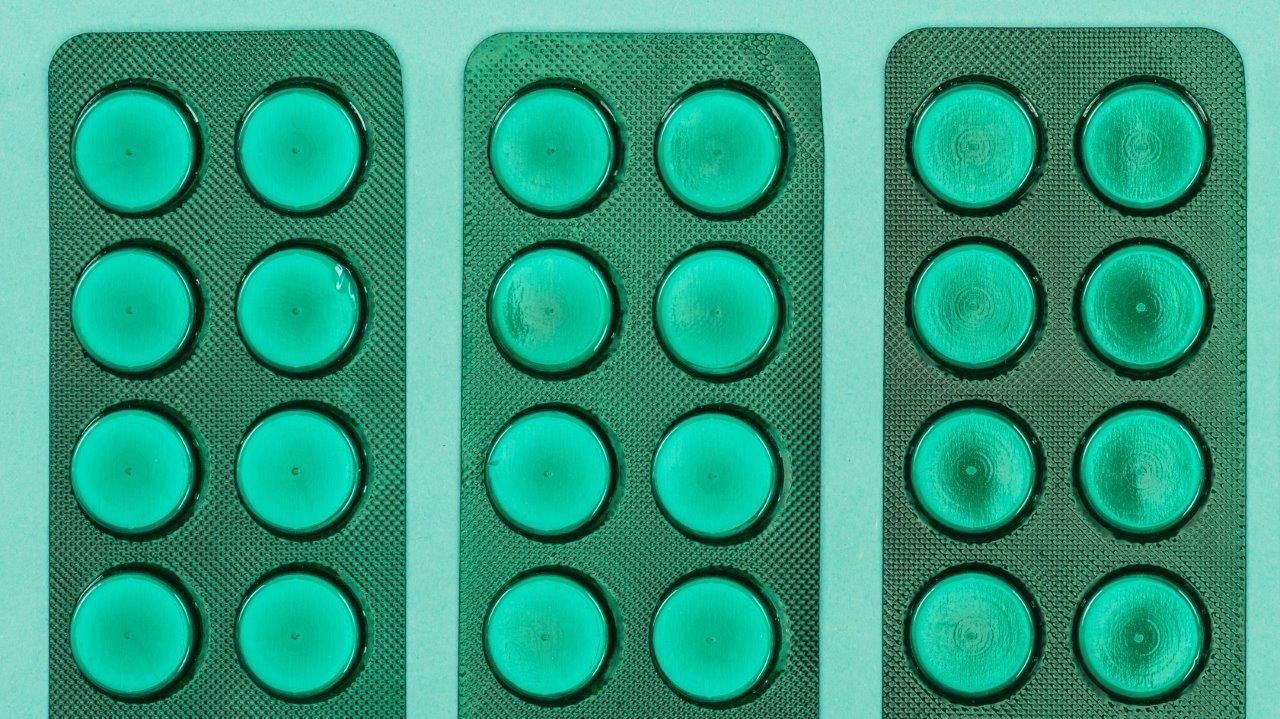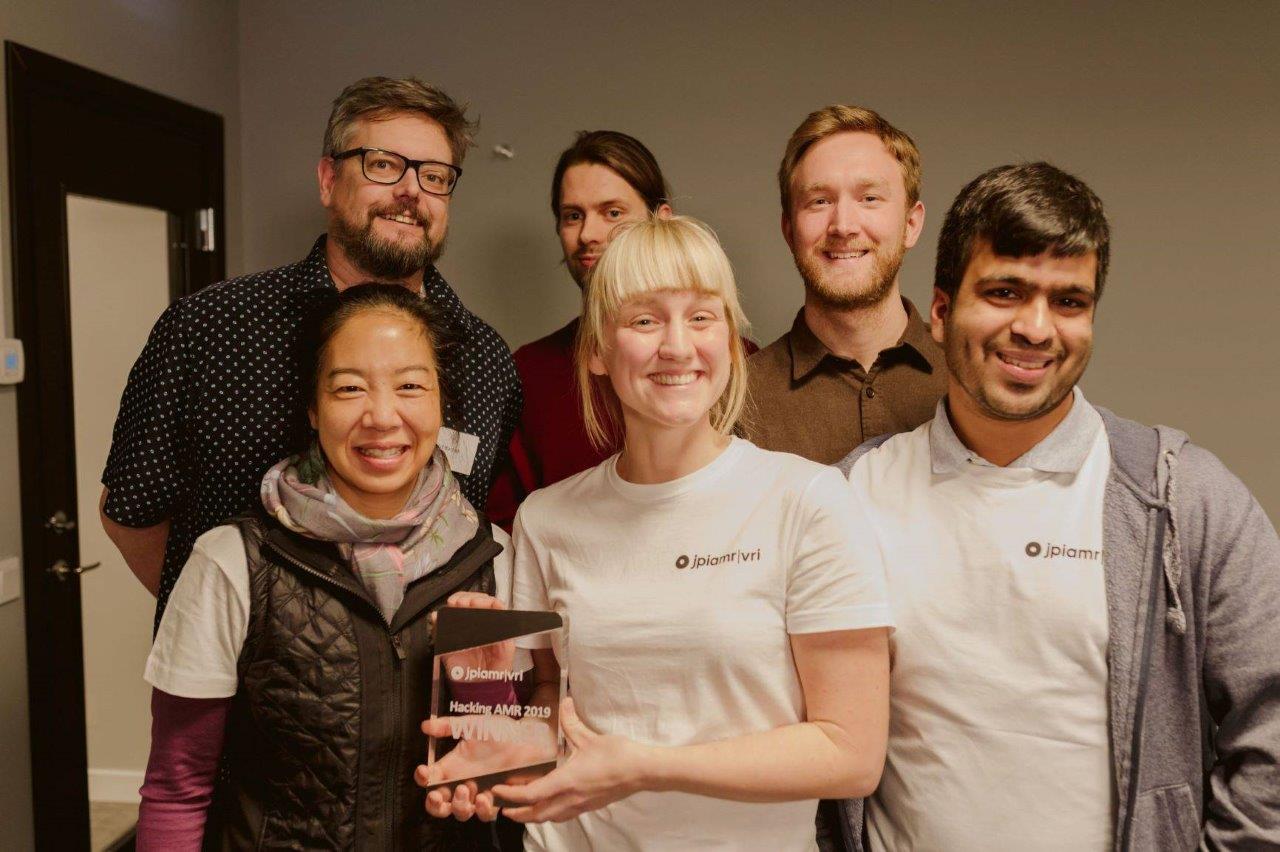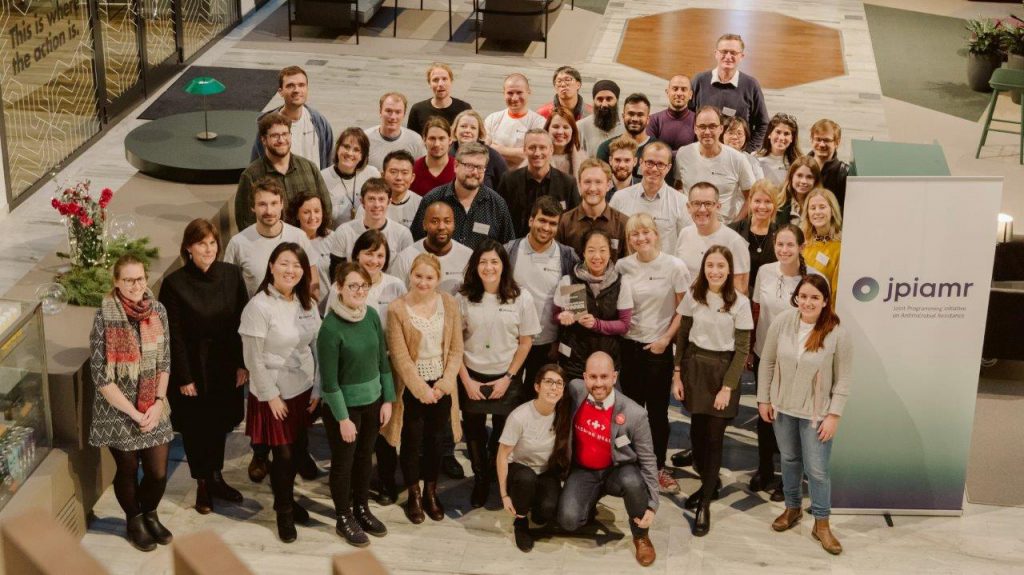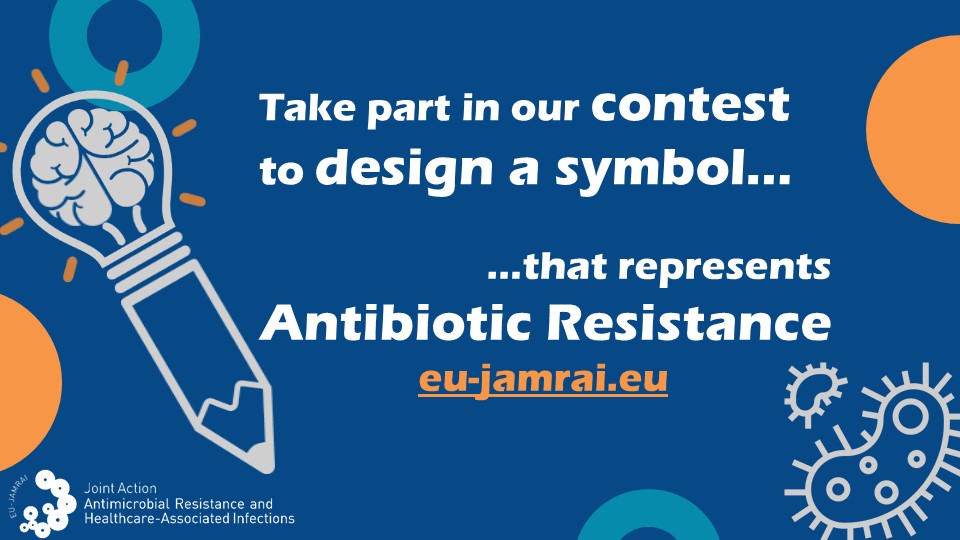Thirteen projects involving 64 partners from 15 different countries have been recommended for funding within the JPIAMR 17th transnational call: Interventions moving forward to promote action to counteract the emergence and spread of bacterial and fungal resistance and to improve treatments. The call was within the framework of the ERA‐NET JPIAMR-ACTION and the total funding amount is 17,2 M€.
The projects aim to improve, compare and evaluate the effectiveness, cost effectiveness, and uptake of existing interventions against bacterial or fungal infections and/or to design new interventions against fungal infections, by focusing on the two topics of the call:
- To design novel or improved interventions to prevent, mitigate and /or treat fungal infections, which are resistant to treatments and/or are at risk of developing resistance.
- To improve and/or, compare and/or evaluate strategies, technologies, treatments, methods, protocols or data collection based on existing interventions, aiming to prevent or reduce the emergence or spread of antibacterial or antifungal resistance or to treat/cure infections caused by resistant bacteria/fungi and recommend new policies.









